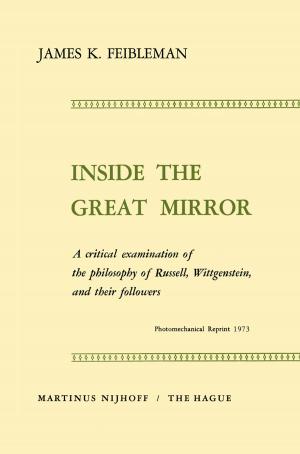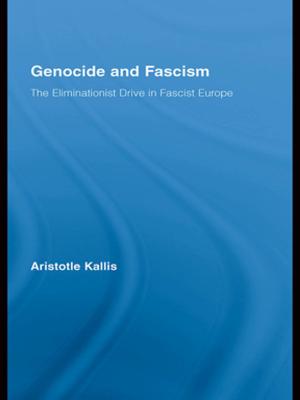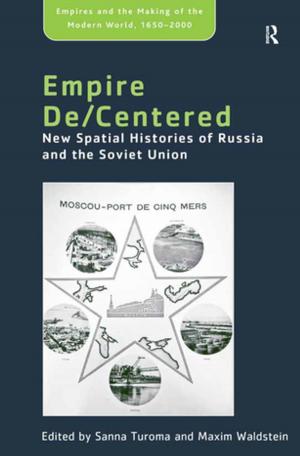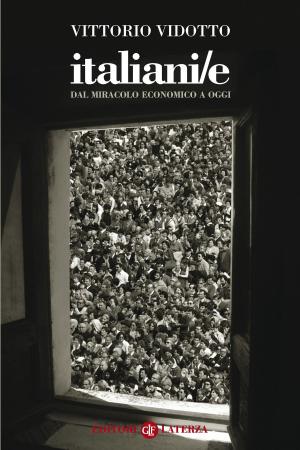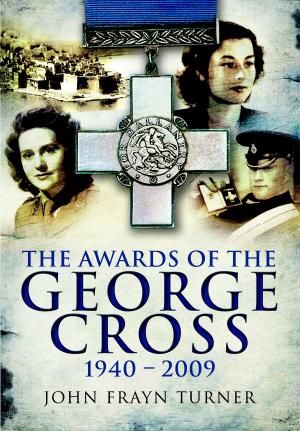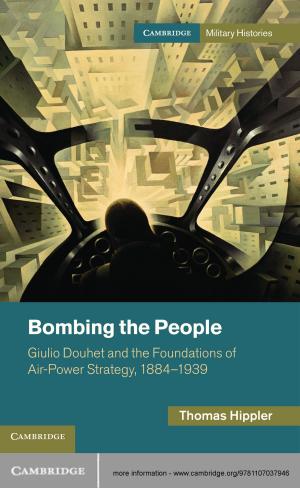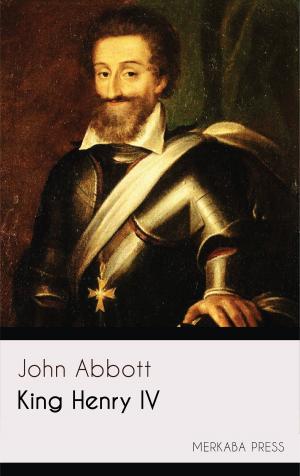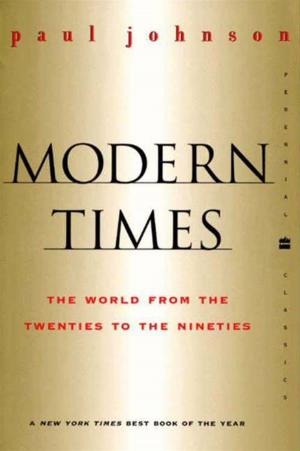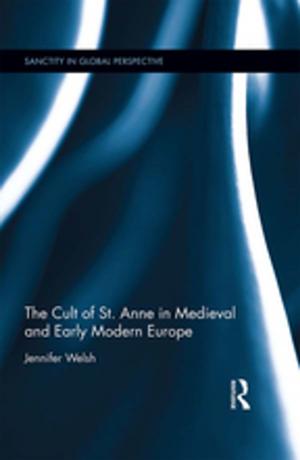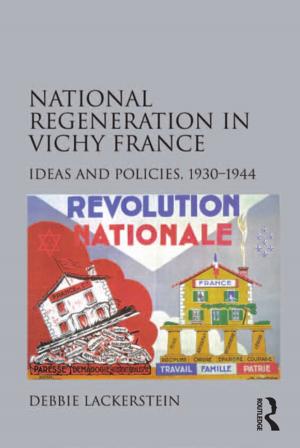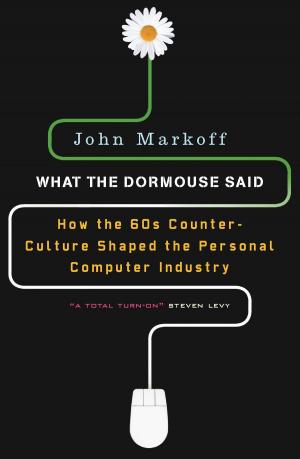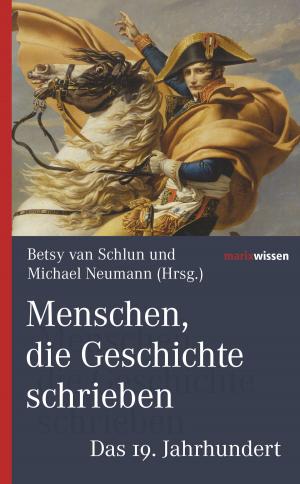The Winterval Myth
A Festive Tale of Bad Journalism
Nonfiction, Social & Cultural Studies, Social Science, Discrimination & Race Relations, History, British, Modern| Author: | Kevin Arscott | ISBN: | 1230000204825 |
| Publisher: | Blue Globe | Publication: | December 17, 2013 |
| Imprint: | Language: | English |
| Author: | Kevin Arscott |
| ISBN: | 1230000204825 |
| Publisher: | Blue Globe |
| Publication: | December 17, 2013 |
| Imprint: | |
| Language: | English |
In 1997 Mike Chubb was working for Birmingham city council during the rejuvenation of the city centre. As the council's head of events he and his team were charged with creating a marketing strategy to cover:
"41 days and nights of activity that ranged from BBC Children in Need, to the Christmas Lights Switch On, to a Frankfurt Christmas Market, outdoor ice rink, Aston Hall by Candlelight, Diwali, shopping at Christmas, world class theatre and arts plus, of course, New Year's Eve with its massive 100,000 audience."
Chubb realised that with so many events competing for visitors, marketing them as individual occasions would be expensive, time-consuming and ineffective in acquiring sponsorship or funding. What the events needed, he decided, was a "generic banner under which they could all sit". His team settled on "Winterval" – a portmanteau of "winter" and "festival".
Little did he or anyone else on the events team realise that this name was to found one of the most persistent urban myths of modern times, and that 11 years later he would be writing an article explaining – again – what the event was and how it was never about renaming or banning Christmas.
How this myth was born and grew is a fascinating story of bad journalism combined with the messages of irresponsible and paranoid church leaders, and badly informed, popularity-seeking politicians looking for a tabloid-friendly soundbite.
This E-book charts the myth from its very beginning in 1998, up until Christmas 2013 when it still receives the occasional mention in the mainstream media. It also analyses how the right-wing media evolved from blaming 'Politically Correct' councils for creating Winterval to weaving the Winterval myth into an aggressive attack on Muslims and other religions or ethnic minorities - leading to the notorious English Defence League threat in 2010 to march on towns or cities that dared to 'ban Christmas' to 'shut them down'.
In 1997 Mike Chubb was working for Birmingham city council during the rejuvenation of the city centre. As the council's head of events he and his team were charged with creating a marketing strategy to cover:
"41 days and nights of activity that ranged from BBC Children in Need, to the Christmas Lights Switch On, to a Frankfurt Christmas Market, outdoor ice rink, Aston Hall by Candlelight, Diwali, shopping at Christmas, world class theatre and arts plus, of course, New Year's Eve with its massive 100,000 audience."
Chubb realised that with so many events competing for visitors, marketing them as individual occasions would be expensive, time-consuming and ineffective in acquiring sponsorship or funding. What the events needed, he decided, was a "generic banner under which they could all sit". His team settled on "Winterval" – a portmanteau of "winter" and "festival".
Little did he or anyone else on the events team realise that this name was to found one of the most persistent urban myths of modern times, and that 11 years later he would be writing an article explaining – again – what the event was and how it was never about renaming or banning Christmas.
How this myth was born and grew is a fascinating story of bad journalism combined with the messages of irresponsible and paranoid church leaders, and badly informed, popularity-seeking politicians looking for a tabloid-friendly soundbite.
This E-book charts the myth from its very beginning in 1998, up until Christmas 2013 when it still receives the occasional mention in the mainstream media. It also analyses how the right-wing media evolved from blaming 'Politically Correct' councils for creating Winterval to weaving the Winterval myth into an aggressive attack on Muslims and other religions or ethnic minorities - leading to the notorious English Defence League threat in 2010 to march on towns or cities that dared to 'ban Christmas' to 'shut them down'.


